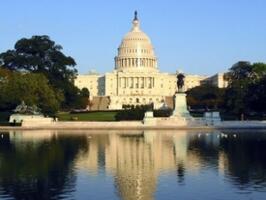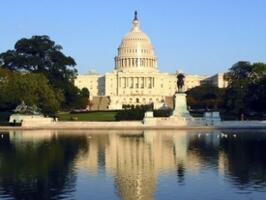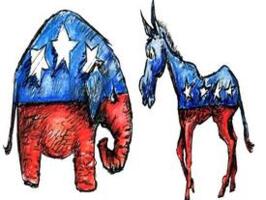45% Think U.S. Should Help Rebels if Syrian Government Resorts to Chemical Weapons
Voters now think Syria is slightly more likely to use chemical weapons against anti-government rebels, and a plurality continues to believe the United States should help the rebels if those weapons are used. The latest Rasmussen Reports national telephone survey finds that 57% of Likely U.S. Voters believe the Syrian government is likely to use chemical weapons against its opponents, with 18% who say it’s Very Likely. Just 23% think the government is unlikely to resort to these weapons to put down the growing protests, but that includes only five percent (5%) who say it’s Not At All Likely. Twenty percent (20%) are not sure. (To see survey question wording, click here.)
(Want a free daily e-mail update ? If it's in the news, it's in our polls). Rasmussen Reports updates are also available on Twitter or Facebook.
The survey of 1,000 Likely Voters was conducted on December 6-7, 2012 by Rasmussen Reports. The margin of sampling error is +/- 3 percentage points with a 95% level of confidence. Field work for all Rasmussen Reports surveys is conducted by Pulse Opinion Research, LLC. See methodology.



















